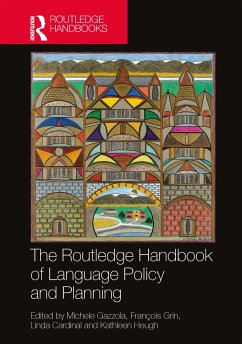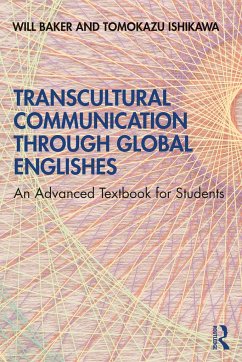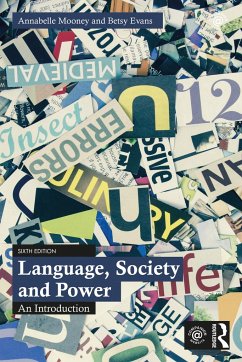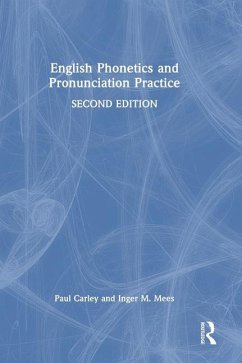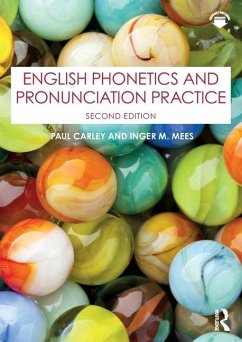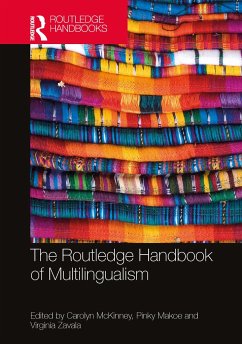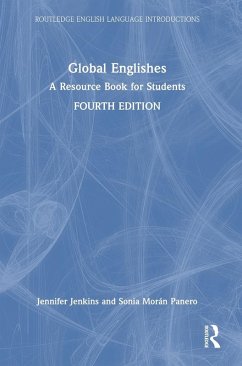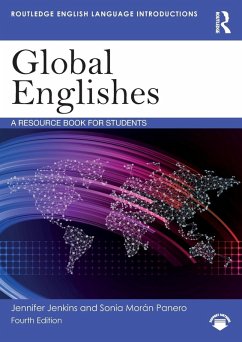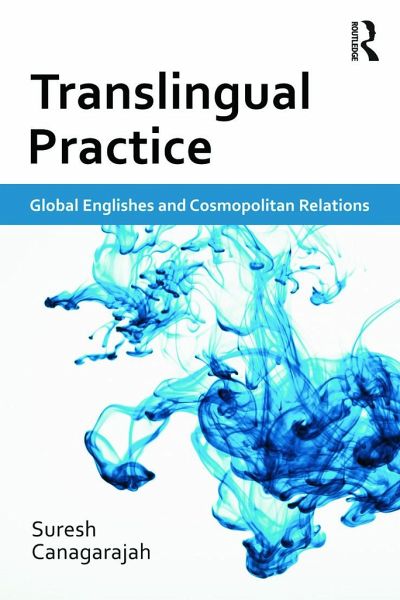
Translingual Practice
Global Englishes and Cosmopolitan Relations
Versandkostenfrei!
Versandfertig in 6-10 Tagen
48,99 €
inkl. MwSt.
Weitere Ausgaben:

PAYBACK Punkte
24 °P sammeln!
Winner of the AAAL Book Award 2015Winner of the Modern Language Association's Thirty-Third Mina P. Shaughnessy Prize Winner of the BAAL Book Prize 2014Translingual Practice: Global Englishes and Cosmopolitan Relations introduces a new way of looking at the use of English within a global context. Challenging traditional approaches in second language acquisition and English language teaching, this book incorporates recent advances in multilingual studies, sociolinguistics, and new literacy studies to articulate a new perspective on this area. Canagarajah argues that multilinguals merge their own...
Winner of the AAAL Book Award 2015
Winner of the Modern Language Association's Thirty-Third Mina P. Shaughnessy Prize
Winner of the BAAL Book Prize 2014
Translingual Practice: Global Englishes and Cosmopolitan Relations introduces a new way of looking at the use of English within a global context. Challenging traditional approaches in second language acquisition and English language teaching, this book incorporates recent advances in multilingual studies, sociolinguistics, and new literacy studies to articulate a new perspective on this area. Canagarajah argues that multilinguals merge their own languages and values into English, which opens up various negotiation strategies that help them decode other unique varieties of English and construct new norms.
Incisive and groundbreaking, this will be essential reading for anyone interested in multilingualism, world Englishes and intercultural communication.
Winner of the Modern Language Association's Thirty-Third Mina P. Shaughnessy Prize
Winner of the BAAL Book Prize 2014
Translingual Practice: Global Englishes and Cosmopolitan Relations introduces a new way of looking at the use of English within a global context. Challenging traditional approaches in second language acquisition and English language teaching, this book incorporates recent advances in multilingual studies, sociolinguistics, and new literacy studies to articulate a new perspective on this area. Canagarajah argues that multilinguals merge their own languages and values into English, which opens up various negotiation strategies that help them decode other unique varieties of English and construct new norms.
Incisive and groundbreaking, this will be essential reading for anyone interested in multilingualism, world Englishes and intercultural communication.





